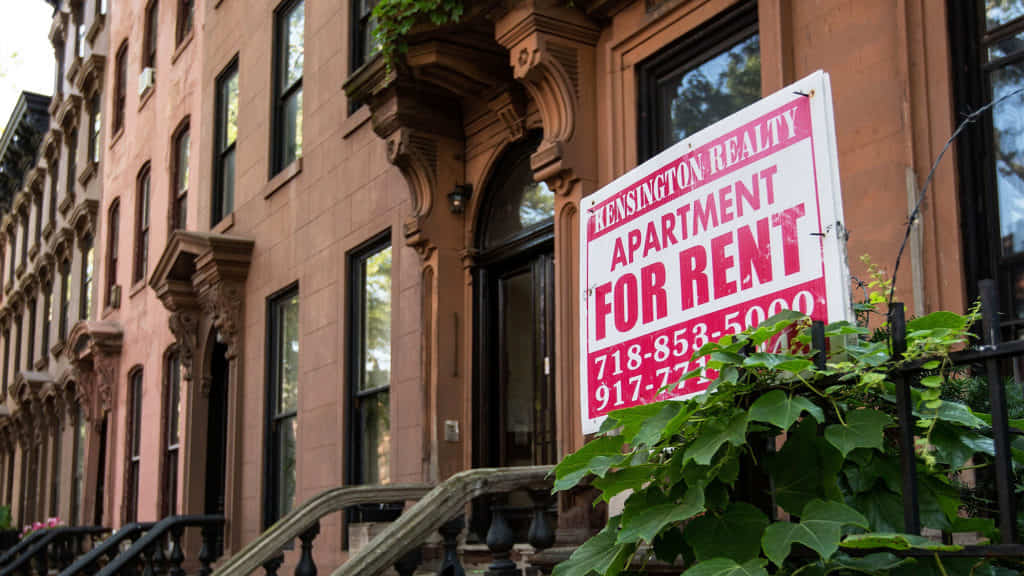Evicting a tenant is a complex process that landlords must navigate carefully, especially when disabilities are involved. It is important for both landlords and tenants to understand the legal protections in place for those with disabilities.
In this article, we will explore whether tenants with disabilities are protected from eviction.
Are Tenants with Disabilities Protected from Eviction?
Yes, tenants with disabilities do receive a degree of protection from eviction. The Fair Housing Act directly prohibits discrimination in rentals or sales of housing based on disability. As such, a tenant's disability itself cannot be the sole reason for an eviction.
State laws, like those in Florida, also require landlords to provide reasonable accommodations for disabled tenants. Landlords cannot evict someone simply due to their disability or issues directly related to their medical condition. However, disability status does not absolve tenants from other lease or statutory responsibilities.
Related: Being Evicted With No Place To Go?
What Legally Qualifies as a Disability?

For eviction protections to apply, a tenant's condition must qualify as a disability under the law. Both the Social Security Administration and Americans with Disabilities Act provide guidance here. A disability significantly limits or changes important bodily functions or regular life activities.
It can be a physical, mental or developmental impairment that began during childhood or adulthood. Some examples include impairment of mobility, hearing, vision, mental health conditions, developmental delays, and chronic illnesses like cancer or diabetes.
Does the Tenant's Disability Need to be Documented?
Yes, in most cases the tenant's disability will need to be officially documented. The landlord is entitled to verify the claimed disability, usually through medical records or a doctor's note. General claims are not usually enough to trigger the legal protections.
Tenants should be prepared to provide appropriate supporting documentation if facing eviction or requesting lease accommodations related to a disability. Clear evidence helps landlords understand any needed accommodation while complying with fair housing laws.
What Kinds of Accommodations Must Landlords Provide?
Under disability discrimination law, landlords must provide reasonable accommodations to disabled tenants when needed. This could include allowing assistive animals as companions, adjusting payment Due dates for medical reasons, or permitting minor unit modifications like installing grab bars. Requests should be reviewed individually.
As long as the accommodation does not cause undue financial or administrative hardship, it is usually considered reasonable. Landlords are not required to accommodate issues completely unrelated to the disability itself.
When Can Landlords Still Evict Disabled Tenants?
While blanket eviction due to disability is prohibited, landlords can evict disabled tenants for other lease violations just as with non-disabled residents. Unpaid rent, excessive noise, criminal activity or damaging the property are all valid reasons for eviction that would not be impacted by a tenant's disability status.
The eviction must be initiated through the standard legal process, and cannot appear to be pretext for discrimination. Tenants are still responsible for upholding their end of the rental agreement.
What Should Tenants Do if Threatened with Improper Eviction?
If a tenant believes an eviction attempt is actually due to their disability rather than non-compliance with the lease, they should seek legal guidance immediately. Disability rights attorneys can review the situation and relevant documentation to determine if fair housing violations have occurred.
If appropriate, they may be able to negotiate with the landlord or file an administrative complaint and block an illegal eviction from moving forward. Tenants should know their rights and not hesitate to enforce disability law protections in the face of potential discrimination.
Conclusion
In summary, tenants living with disabilities are protected from blanket eviction attempts or other housing discrimination based solely on their medical conditions. However, disability status does not absolve tenants of normal rental responsibilities either. Both landlords and residents must understand accommodation requirements and allowable eviction criteria balancing rights and responsibilities under fair housing law.





